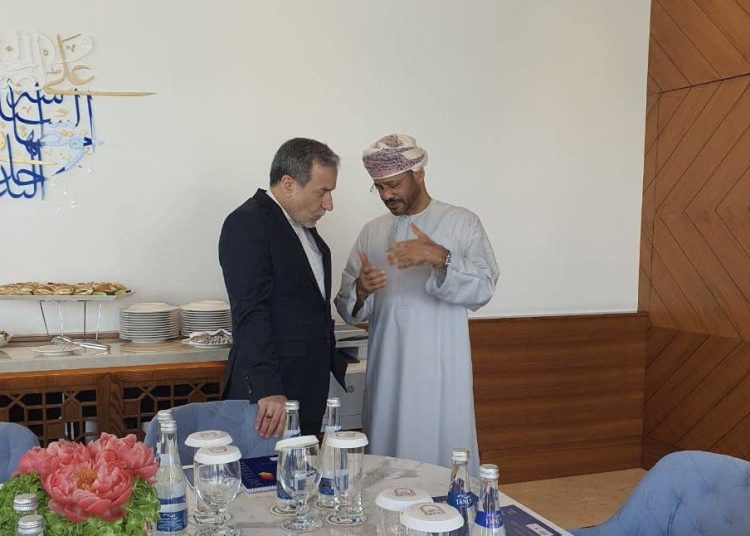The Sultanate of Oman is once again serving as a key mediator in indirect discussions between Iran and the United States, with the third round of talks commencing in Muscat on Saturday, April 26, 2025. These negotiations, focusing primarily on Iran’s nuclear program and the lifting of sanctions, come as both sides reportedly move towards a more detailed and technical phase of diplomacy.
The latest round of exchanges follows previous sessions held in Muscat and Rome, with Oman’s Foreign Minister, Badr bin Hamad al-Busaidi, consistently facilitating the dialogue between the delegations. While high-level political discussions have taken place, this round is notable for the increased focus on expert-level technical matters.
Representing Iran in the high-level discussions is Foreign Minister Abbas Araghchi, while the US delegation is led by Steve Witkoff, identified as the US Presidential Envoy to the Middle East. For the technical track, Iran’s team is headed by deputies of the foreign minister Majid Takht Ravanchi and Kazem Gharibabadi. The US expert team is led by Michael Anton, who serves as the State Department’s director of policy planning. Anton previously served as a spokesperson for the National Security Council during the first term of the Trump administration, but John Bolton’s presence reportedly provoked his resignation.
An Iranian source, talking to Iran Nuances, indicated a seriousness towards the talks, saying that Iran is earnest and does not believe prolonging the negotiations is beneficial.
The technical discussions are expected to delve into the specifics of nuclear commitments required from Iran and the corresponding sanctions relief.
The current round was initially anticipated to begin with expert-level talks earlier in the week but was postponed to Saturday following a suggestion from the Omani side, which was agreed upon by both parties.
Iran’s Foreign Minister Araghchi held preparatory meetings with his Omani counterpart, Badr bin Hamad al-Busaidi, before the start of the negotiations.
Despite the resumption of talks, the path to an agreement faces significant external challenges. Reports suggest that certain figures within the US political landscape, including some associated with previous democratic administrations, as well as hardline factions in the US and Israel, are actively working to disrupt the diplomatic process. These efforts are said to involve the dissemination of biased information and narratives aimed at creating obstacles. Specifically, Israel is reported to be seeking to influence positions, aiming for more hardline stances.
While this round is tentatively scheduled for one day, there is openness to extending the discussions if deemed necessary. Oman continues its consistent role as a trusted intermediary, facilitating communication between the two sides who have not engaged in direct talks.






